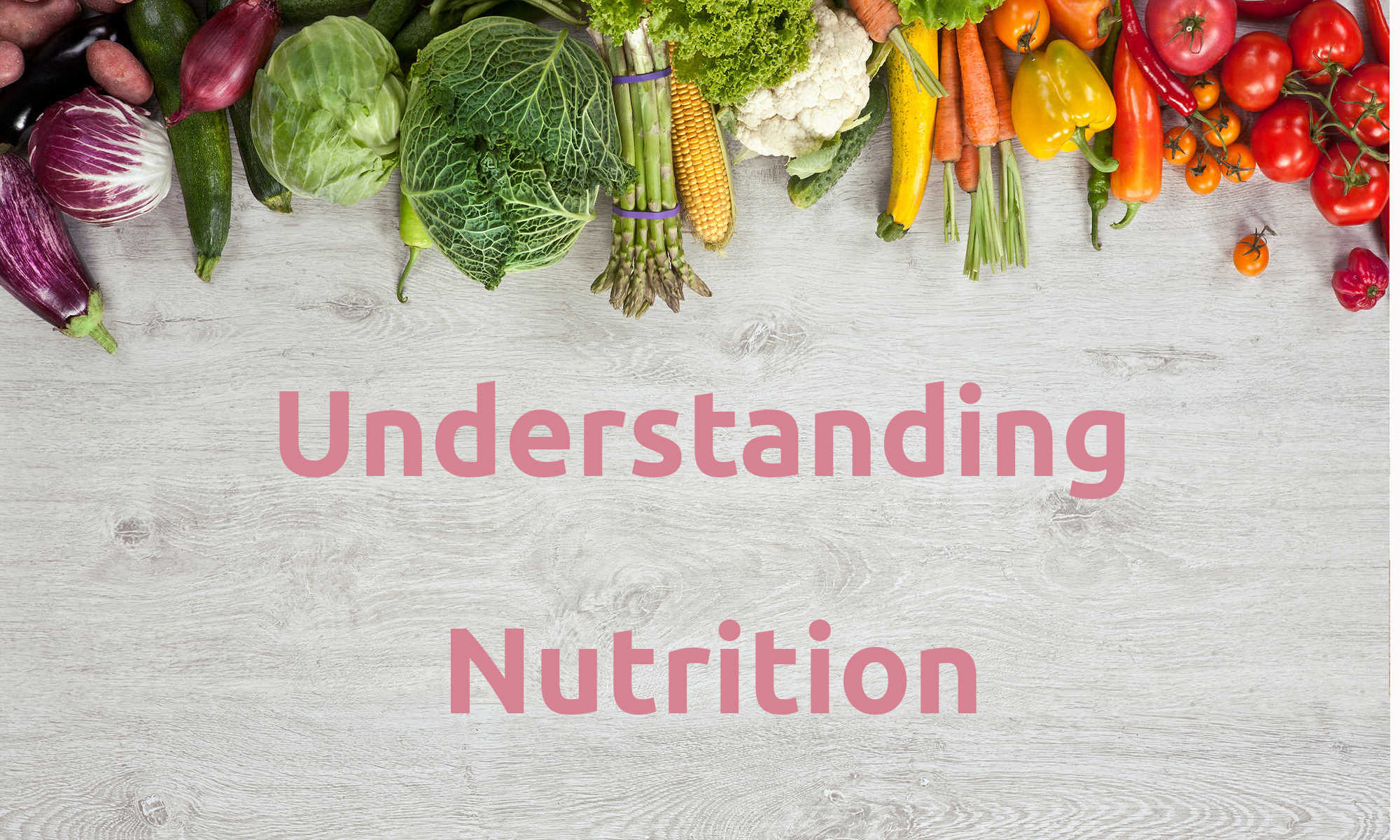
In part 1 we looked at how nutrition plays a vital role in our health, the difference between diet and nutrition and how nutrients can only benefit us once they are assimilated into the cells. In this blog we’ll look at the reality of our modern diets, why our foods are nutrient deficient and how chronic medications actually add to the problem.
Continue reading “Understanding Nutrition Part 2”